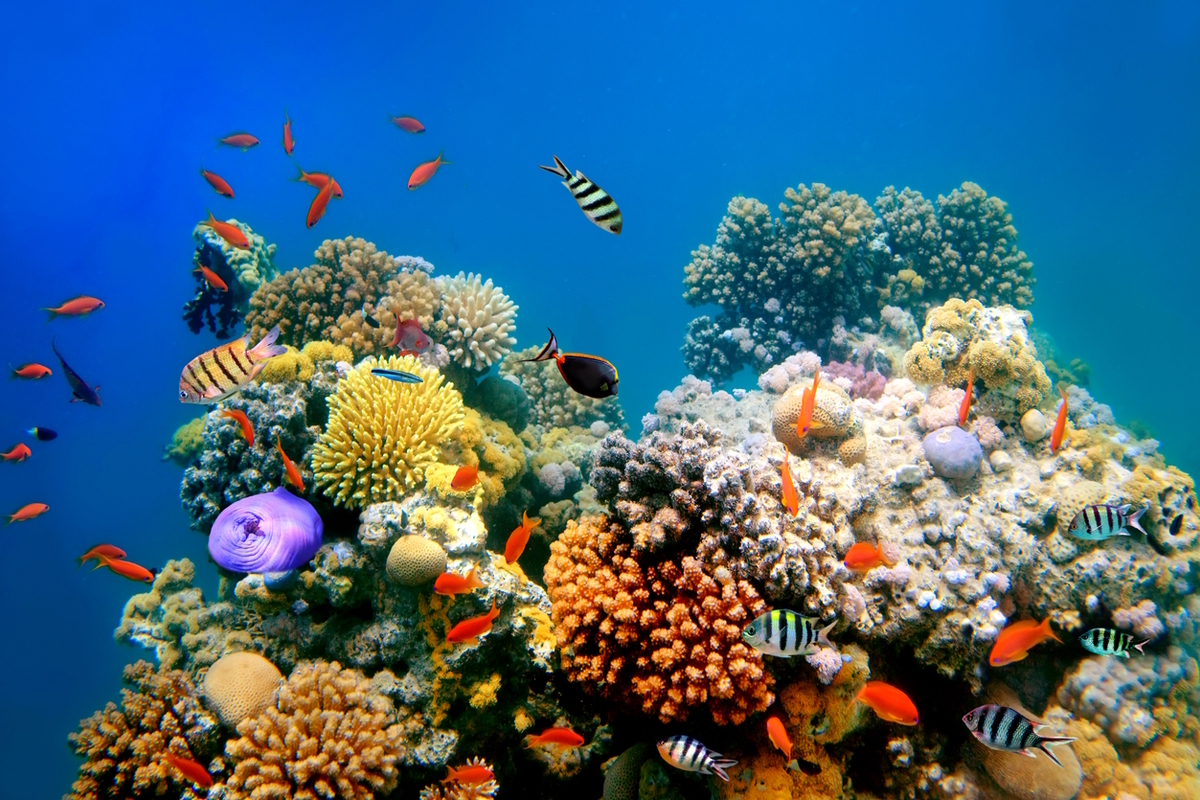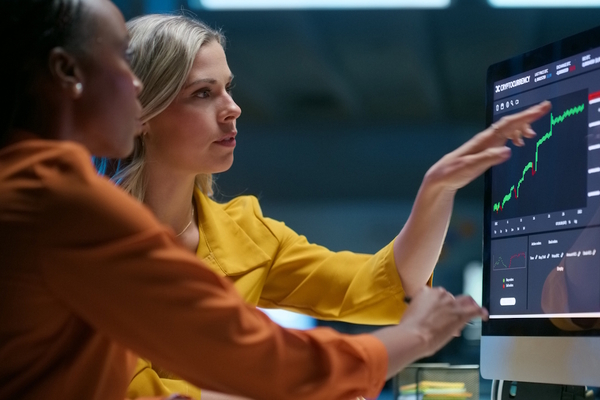Battling climate change with regenerative tourism

John Pagano at Red Sea Global describes making the travel and tourism industry environmentally and socially sustainable
We find ourselves in one of the most decisive decades in global history when it comes to our planet, and the people who inhabit it. Economic growth has led to the overexploitation of natural resources and ecosystems, and climate change is widespread and intensifying, with significant impact on the environment and global population.
It is against this backdrop that the tourism industry across the world finds itself in a unique position.
On the one hand it is one of the world’s major drivers of economic activity, touching nearly every country in the world and benefitting countless communities. It serves and employs hundreds of millions of people, elevates local living standards, drives local economies and generates prosperity on an enormous scale. In fact, tourism was responsible for a full 10.3% of all global GDP in 2019 – an astonishing number that highlights the importance of the industry.
On the other hand, despite steps in the right direction, the industry continues to exert a major impact on the environment. According to the World Travel & Tourism Council, tourism accounts for an estimated 8-11% of global greenhouse gas emissions.
But this doesn’t need to continue. The industry has a big role to play in the future of the planet and we can – and must – do better, with technology and new innovations a core driver of that change.
To help in our vision to protect and enhance both people and planet, and to act as a real force for good, tourism must explore and make use of the game changing technologies and innovations available not only within tourism, but across sustainability and business more broadly.
New technologies such as the Internet of Things (IoT), Artificial Intelligence (AI) and machine learning should be a bedrock of the industry’s ambitions to create a cleaner, greener and more equitable tourism sector.
Across business, it’s estimated that 84% of current IoT deployments are addressing or have the potential to address the UN’s Sustainable Development Goals – an opportunity that tourism would be remiss not to explore and grasp with both hands.
At the same time, it’s reassuring that, according to the UNWTO’s Travel & Tourism Tech Startup report, sustainable tourism technology maintained high levels of investment throughout the pandemic.
This sets us in good stead to make the most of these next-generation technological innovations, and highlights the faith investors have in technology as a worthwhile, futureproofed investment in the transition towards a greener future.
As Global CEO of Red Sea Global, I am part of a team that is pioneering the way that the travel and tourism industry can be sustainable, both people and planet. We are taking a bold regenerative approach to development that is shaping every aspect of our company and its operations.
Technology is playing a central role in our ambition to become much more than a real estate and tourism developer. We see ourselves as an incubator of ideas, leveraging the most innovative concepts and technologies to help deliver a new archetype for development.
From exploring how to retrofit seaplanes to bring zero-emission, hydrogen-powered flight to our destinations, to introducing ‘carbon-negative’ concrete that can actually absorb CO2 from the atmosphere, we’re accelerating green technologies to lead the world to a more sustainable and even regenerative future.
Technology is also critical in keeping us honest on our ambitious regenerative goals. From on the ground IoT-enabled monitoring technology to satellite imagery, we are assiduously measuring our progress in achieving a 30% net conservation benefit by 2040 across our flagship destinations, The Red Sea and Amaala, and reporting our successes and challenges in a transparent manner through sustainability reports delivered annually.
From a social perspective, we have established several initiatives to help young people enter Saudi Arabia’s rapidly expanding hospitality sector, such as a Scholarship Program accredited by the Ecole Hôtelière de Lausanne.
Across this and our other education programs, we received over 87,000 applications in the last 12 months alone and have placed nearly 800+ young people into training and careers. By investing in people, we can achieve the full benefits of a holistic sustainability agenda.
Ultimately, these are the kind of targets and end goals the industry must be setting if it wants to play a meaningful role in mitigating and reversing the negative impacts of tourism developments. Going beyond the basic understanding of sustainability and seeking to push the boundaries to actively enhance natural ecosystems must be the aim.
I urge those within the industry to heed the warnings and arguments made at last year’s COP27 conference, and action promises by investing in tangible solutions; to appreciate that tourism and development can be an industry spearheading the solution, rather than exacerbating the problem; and to recognise that the strategic application of innovative technologies is the catalyst for battling climate change.
Only then will we start to realise our full potential as a driver of a more sustainable and regenerative future, and champions of people and planet.
John Pagano is Group CEO of Red Sea Global
Main image courtesy of iStockPhoto.com

Business Reporter Team
You may also like
Most Viewed
Winston House, 3rd Floor, Units 306-309, 2-4 Dollis Park, London, N3 1HF
23-29 Hendon Lane, London, N3 1RT
020 8349 4363
© 2025, Lyonsdown Limited. Business Reporter® is a registered trademark of Lyonsdown Ltd. VAT registration number: 830519543





